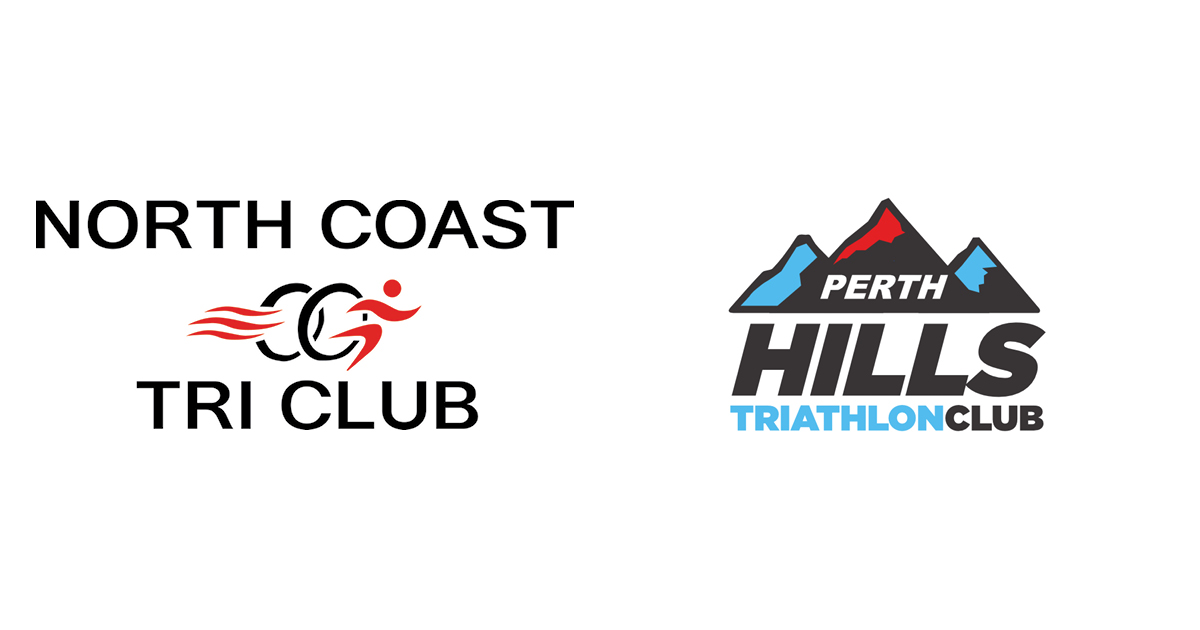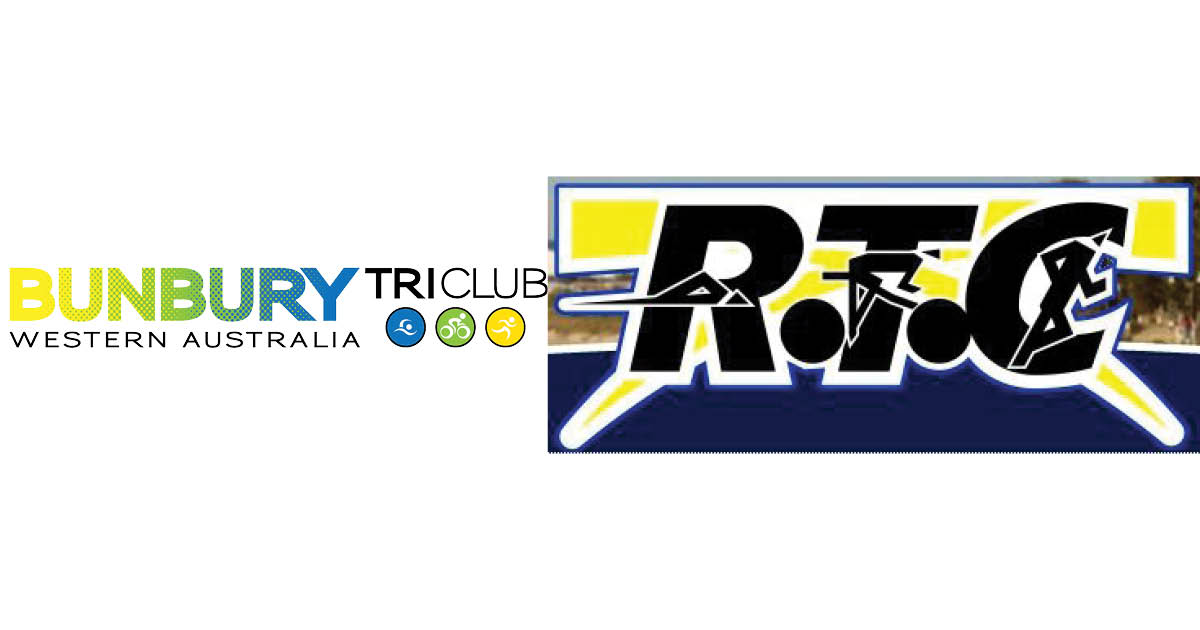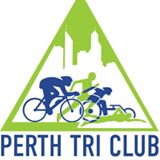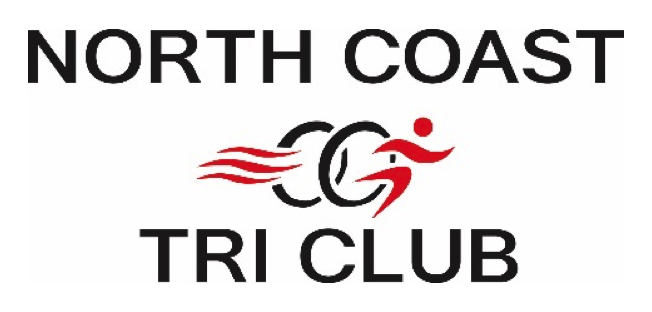How does your club keep track of who has paid training fees, who hasn’t, who has run out of sessions, who showed up, and who didn’t? Is it a logistical nightmare or a simple process? When we started asking around, it seems most clubs subscribe to one of two methods:
- A pay as you go, manually tracked system (such as the “coffee card” system where athletes purchase a 10-pass card and their attendances are marked off); or
- They don’t charge for training.
Many clubs pointed out that the manual system relies on coaches making sure every person at the session has paid, and enforcing compliance where they hadn’t. The general consensus between clubs was that this was a large expectation to put on coaches who already have their hands full writing and leading the session.
One club that is looking to shed it’s old manual system is North Coast Tri Club. They approached the Presidents’ Catch Up group to ask what solutions other clubs may have to this common pain, and one club had a possible solution. Perth Hills Tri Club has been exploring the use of Team App – a free mobile app available on Android and iPhone which allows clubs and teams to simplify club communications, set training sessions and ask members to indicate if they will be attending, as well as take payments.
With members more adjusted to the use of technology thanks to 2020 and the lockdowns, this could be the perfect time to transition to a new platform for managing various club affairs. Is your club considering making a switch? We would love to hear more about what options you’re exploring.
If you have a question for the other clubs, the President Catch-Ups are a great forum to get feedback and support from other local clubs. Send your questions or discussion topics through to Tiffany before the next meeting.
We love hearing about and helping with initiatives our clubs have implemented that have helped them improve the culture, operations or general club life. Does your club have a great initiative worth sharing? We’d love to hear about it and share how it could help other clubs in WA, so let us know!







